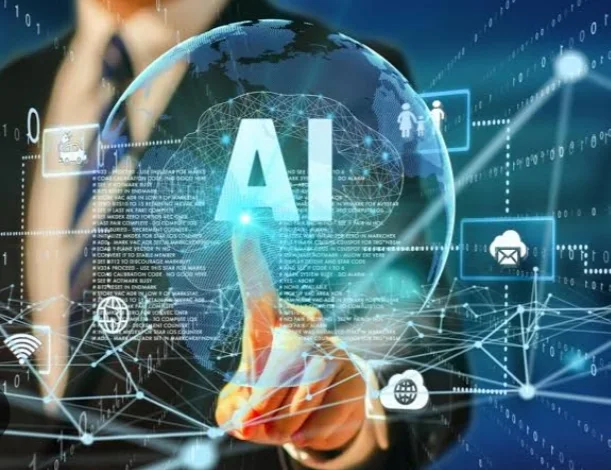Artificial intelligence (AI) is on the cusp of transforming our world.
From healthcare and finance to transportation and entertainment, its potential to solve complex problems and improve lives is undeniable. But this immense power comes with a responsibility, one we must navigate with careful consideration – the ethical AI conundrum.
The root of this conundrum lies in the very nature of AI. These algorithms learn from data, which, unfortunately, can reflect and amplify our societal biases. Imagine an AI-powered hiring tool trained on biased data sets; it could perpetuate discrimination, unfairly disadvantaging certain groups. This is just one example of the ethical minefield we face with AI.
Ethical Conundrums of Artificial Intelligence
| Ethical Issue | Description | Example |
|---|---|---|
| Job Displacement | AI could lead to job losses as machines become more capable of performing human tasks. | Automation of manufacturing jobs, replacement of human workers by AI-powered customer service agents |
| Bias and Discrimination | AI systems can perpetuate or amplify existing biases present in data or algorithms. | Facial recognition systems that misidentify people of color, biased algorithms in lending decisions |
| Privacy Concerns | AI systems can collect and analyze large amounts of personal data, raising privacy risks. | Surveillance systems, data breaches, targeted advertising |
| Autonomous Weapons | The development of autonomous weapons raises concerns about their potential for misuse and lack of accountability. | Lethal autonomous weapon systems, autonomous drones |
| Superintelligence Risk | The possibility of creating superintelligent AI that could pose a threat to humanity. | Loss of control, existential risk |
| Lack of Transparency and Explainability | AI systems can be complex and difficult to understand, making it challenging to assess their decision-making processes. | Black box algorithms in medical diagnosis, financial decision-making |
| Ethical Dilemmas | AI systems may face ethical dilemmas where there is no clear right or wrong answer. | Self-driving cars faced with a choice between hitting a pedestrian or swerving into a wall |
Here are some key areas where the ethical AI conundrum unfolds:
1. Bias and fairness: How do we ensure AI systems are unbiased and free from discrimination based on race, gender, or other factors? This requires careful data selection, algorithm design, and human oversight to prevent AI from perpetuating existing inequalities.
2. Transparency and accountability: AI algorithms can be complex and opaque, making it challenging to understand how they reach decisions. This lack of transparency raises concerns about accountability and trust. Who is responsible when an AI system makes a mistake? How can we ensure its decisions are explainable and justifiable?
3. Privacy and security: AI systems rely on vast amounts of personal data to function. Protecting this data from misuse and ensuring user privacy is crucial. We need robust data security measures and clear regulations to govern how AI collects, stores, and uses personal information.
4. Job displacement and the future of work: As AI automates tasks currently performed by humans, concerns arise about job displacement and the future of work. How can we prepare our workforce for the changing landscape and ensure AI creates more jobs than it eliminates?
5. The human-AI relationship: As AI becomes more sophisticated, questions about our relationship with these intelligent machines emerge. How do we maintain human control over AI and prevent it from becoming autonomous and potentially harmful? Can we establish ethical guidelines for human-AI interaction?
Navigating the ethical AI conundrum requires a multi-pronged approach. We need:
- Strong ethical frameworks: Developing robust ethical guidelines and principles for AI development and deployment is crucial. These should prioritize fairness, transparency, accountability, and human well-being.
- Collaboration and dialogue: Open and transparent conversations between governments, researchers, technologists, and the public are essential to identifying and addressing ethical issues.
- Investment in education and awareness: Educating the public about AI technology and its potential impact is crucial for building trust and ensuring responsible development.
The ethical AI conundrum is not insurmountable. By approaching it with foresight, responsibility, and a commitment to human values, we can unlock the vast potential of AI while mitigating its risks and ensuring it serves as a force for good in our world.
This is not just a technical challenge; it's a human one. We must come together, build trust, and ensure AI becomes a tool for progress, not a Pandora's box of unintended consequences. Let's embrace the challenge of the ethical AI conundrum and write a future where humans and machines collaborate for a better tomorrow.


